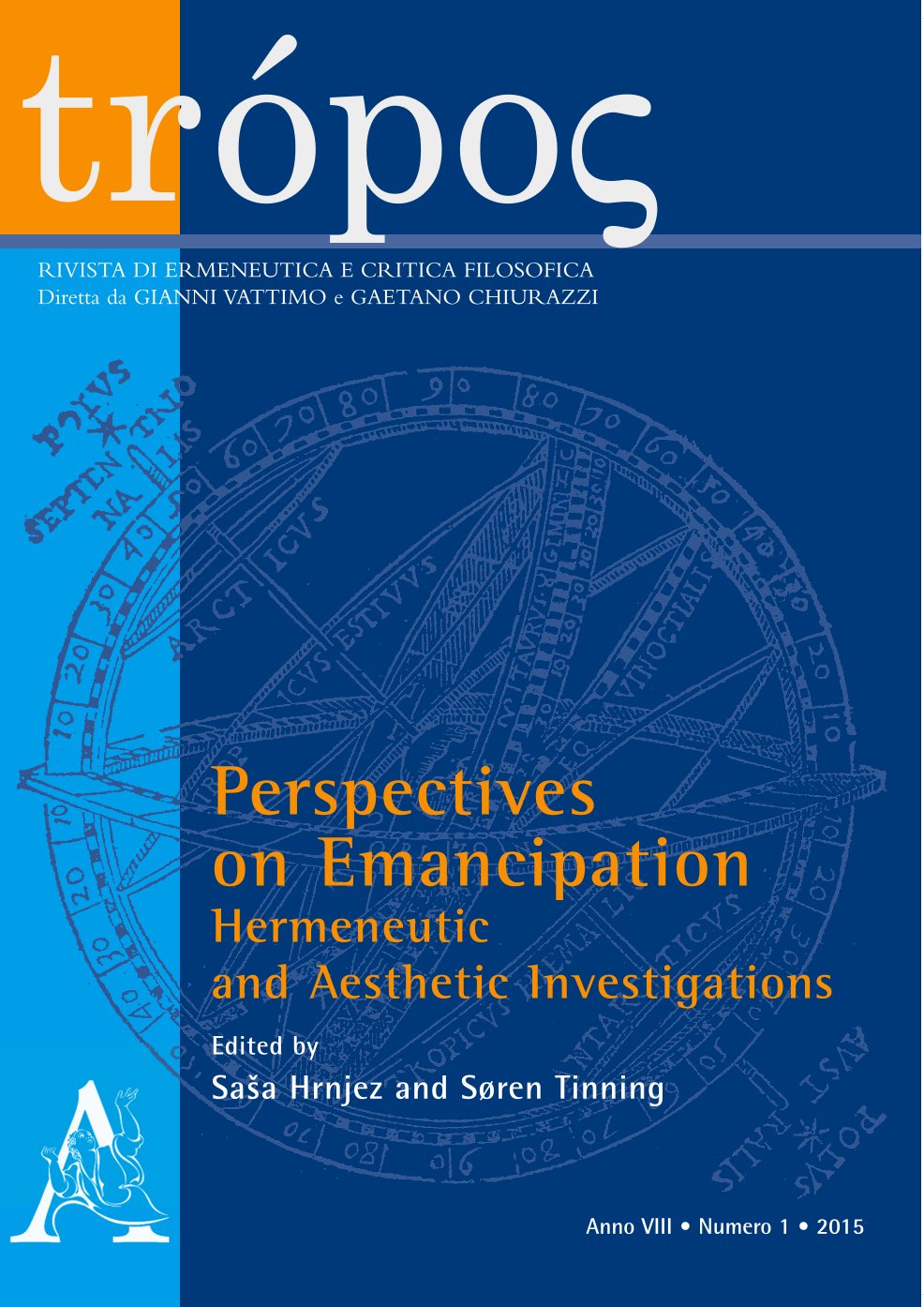The Problems with an Emancipatory Theory Based on an Aesthetics of Existence
DOI:
https://doi.org/10.13135/2036-542X/7966Parole chiave:
Foucault, Aesthetics of Existence, Neoliberalism, Self-formation, PowerAbstract
With the antique practice of “aesthetics of existence” Foucault analyzed in the 1980s an approach to the subject which was one of self–formation rather than one based on the idea of a human nature. That this seemed to leave the choice of the form of conduct and life to the subject himself, corresponded to the late Foucault’s emancipatory theory, which concenters the notion that autonomy demands a critical ontology of ourselves. This ethos implies a persistent critique of what we are in order to overcome limits historically imposed on us by transforming ourselves. As neoliberal analysis explicitly encourages the transformation of the subject, Foucault appreciates it as an emancipatory theory of its own right. However, like Foucault’s emancipatory theory accepts an anthropological constant, so does neoliberalism: the human being is a rational decision maker who applies strategies in order to maximize his profit. This concept of the subject also seems to be at the bottom of Foucault’s own claim that power informs all relationships and has a penchant for domination. In this article I will show that in strategic games, especially such informed by asymmetry, decisions tend to be overwritten by the governing influences of others.



